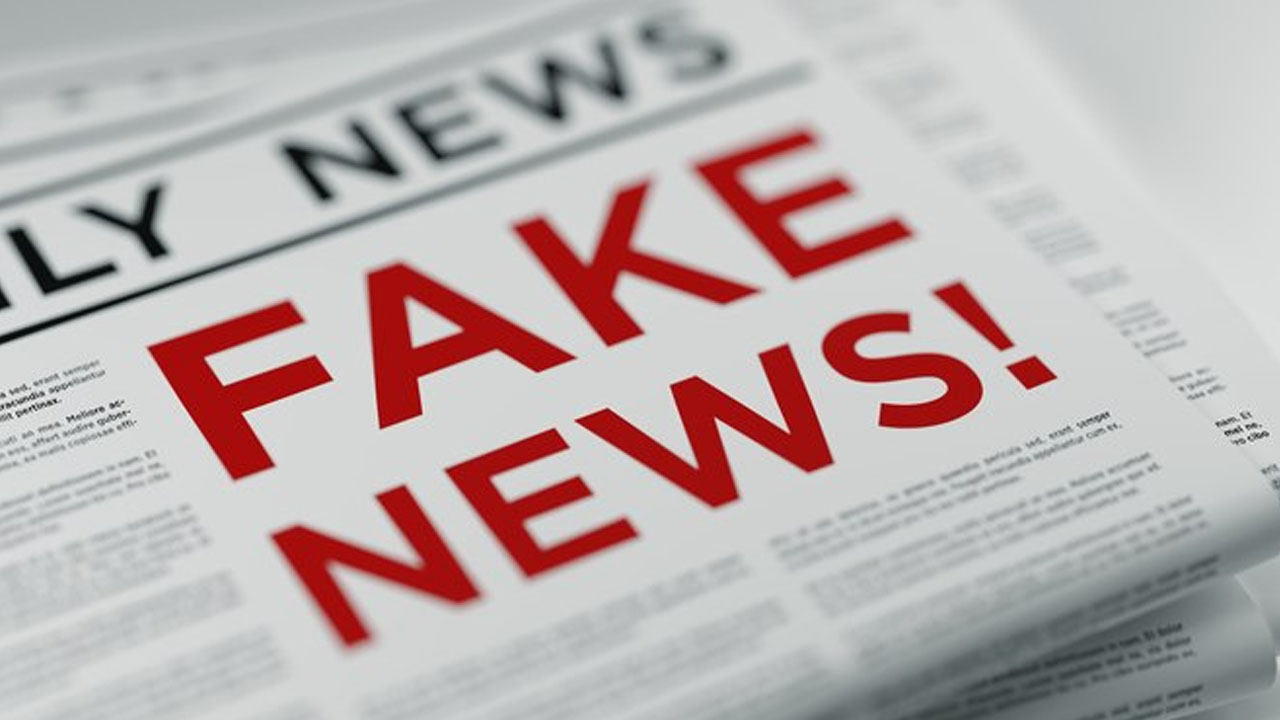Sometime in 2014, in the wake of the Ebola virus, Nigerians scrambledfor salt-water baths in a bid to protect themselves from the deadly virus. Some went as far as drinking water heavily laden with salt. This was after a call from the ruler of the Igala Kingdom, the Attah of Igala, prescribing salt solution as a magical vaccine against the virus went viral, claiming that traditional magic beats science.
The misinformation was so poisonous that even some media houses spread the unproven information, which was later verified as nothing but misinformation.
The aftermath of the spread of the news was unyielding. Many Nigerians lost their lives, while some left-wing conspiracy theorists blamed the media.
Misinformation is a global problem, and in Nigeria, it has found fertile ground to grow due to a complex interplay of biases. It does not stop there; even when fact-checkers try to dispel those fake news stories, biases disallow many Nigerians to go by the authentic versions of the news.
One of the most prevalent biases fueling misinformation in Nigeria is confirmation bias. People tend to seek out information that confirms their preexisting beliefs while avoiding or dismissing information that contradicts them. In a society as diverse as Nigeria, where various ethnic, religious, and political affiliations coexist, confirmation bias can be particularly powerful.
Many people tend to interpret new information as confirming what they already believe. This is why false news about a coup in Congo, related to recent military events in African countries, spread widely.
As deadly as it is, experts say that religious biases are worse. In the last decade, misinformation has been used to manipulate religious sentiments and incite violence. In a 2019 news report, it was noted that religiously motivated misinformation has contributed to communal conflicts in the country.
Selective exposure bias is another significant contributor to misinformation in Nigeria. This bias occurs when individuals selectively consume information that aligns with their existing beliefs and ignore or dismiss contradictory information.
Political biases are deeply ingrained in Nigerian society and have a profound impact on the spread of misinformation. The country’s political landscape is characterized by strong partisan divisions.
Before the 2023 election, there was a surge in fake news on social media. Disuniting content on topics such as religion and ethnicity was prevalent on platforms like Facebook, Twitter, TikTok, and WhatsApp. A noticeable battle unfolded between the supporters of the Labour Party and the All Progressive Congress. The rift came with the unguided spread of fake news that reflected their biases and demeaned their opposition.
To combat misinformation in Nigeria, it is essential to address these biases head-on. Promoting media literacy and critical thinking skills, fostering national unity and tolerance, and regulating social media platforms are crucial steps in mitigating the impact of biases on misinformation. As the statistics suggest, the problem is deeply ingrained, and tackling it will require a multifaceted approach that involves government, civil society, and individuals alike.
Religious and ethnic bias is also fueling misinformation, which increases violence
Phillip Anjorin, a fact-checker at Dubawa, emphasized that the 2023 election serves as a prime example, revealing the potent ability of misinformation to strain the fragile bonds uniting our nation.
“On countless occasions, we’ve witnessed cases of political biases, ethnic biases, gender biases, and religious biases that can show up in different forms and lead to social crises,” he told Prime Progress.
Phillip suggested that a key solution to this issue lies in raising awareness through media literacy campaigns. “The core of the misinformation and its associated bias is ignorance, fuelled by illiteracy. When the core is taken out, it becomes easier to collectively win the fight against misinformation in Nigeria.”
In 2014, amidst the Ebola outbreak, Nigerians resorted to salt-water baths due to misinformation spread by the ruler of the Igala Kingdom, who claimed it was a cure. Despite media propagation, this guidance was later debunked, resulting in fatalities. This incident illustrates how misinformation thrives on biases in Nigeria, such as confirmation bias, where people prefer information that aligns with their beliefs, and religious bias, which has historically incited violence.
Nigeria's political landscape, marked by strong affiliations, further fuels misinformation. Prior to the 2023 elections, social media saw a surge in divisive fake news, exacerbating political tensions. Experts highlight the need to combat biases through media literacy, critical thinking, and social media regulation. Phillip Anjorin from Dubawa stresses that tackling ignorance and illiteracy is key to addressing misinformation, as evidenced by the impact observed during the 2023 elections.






